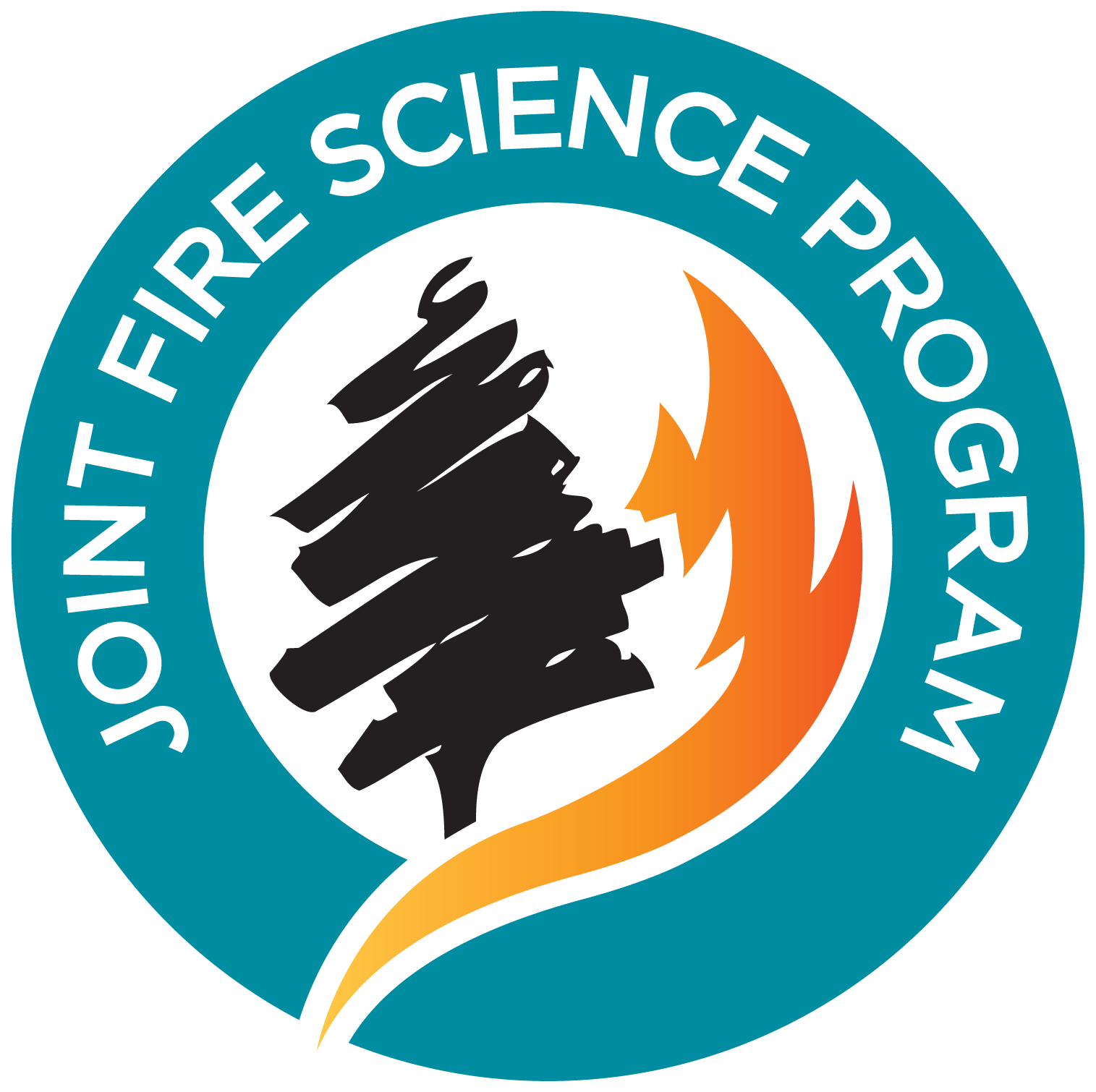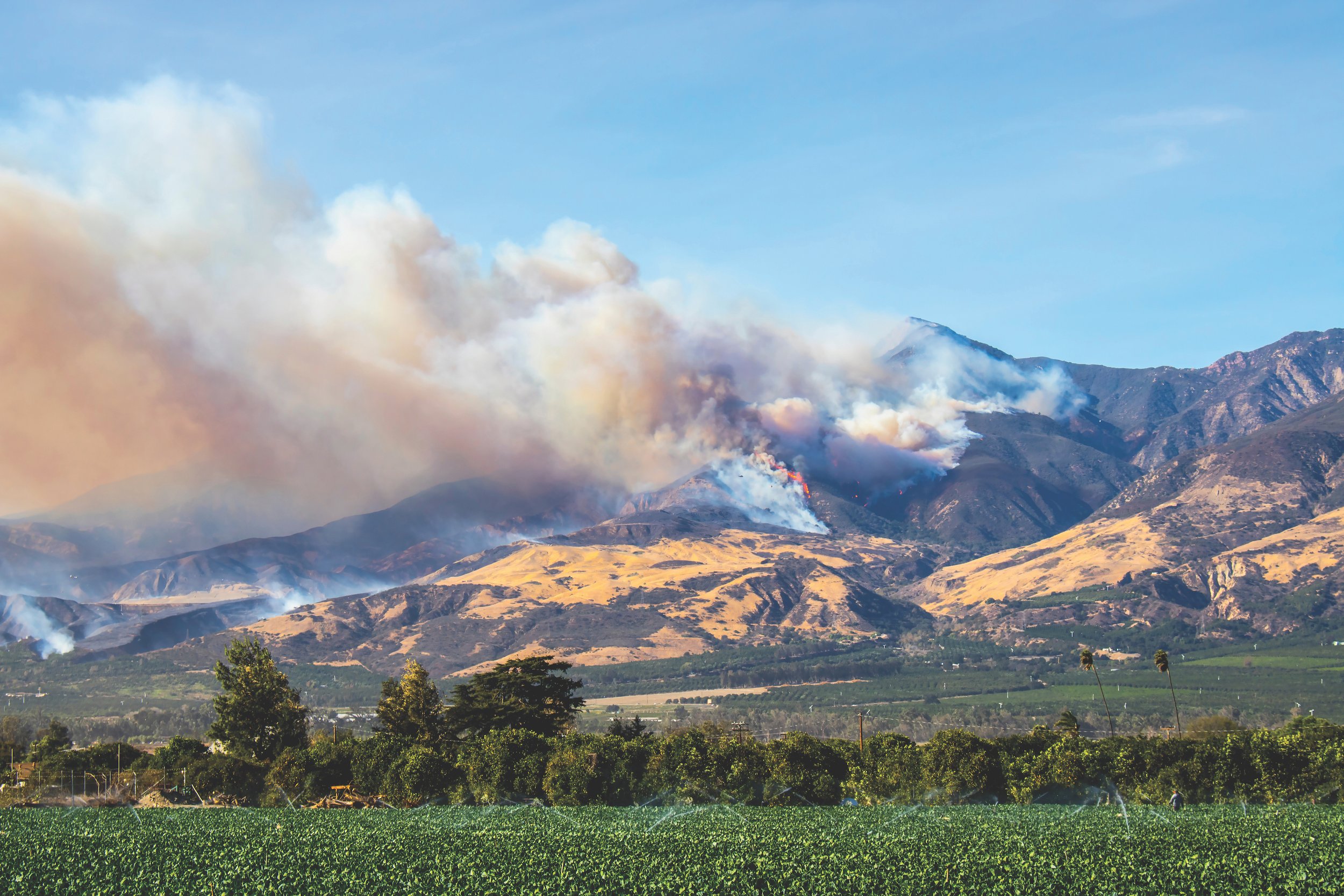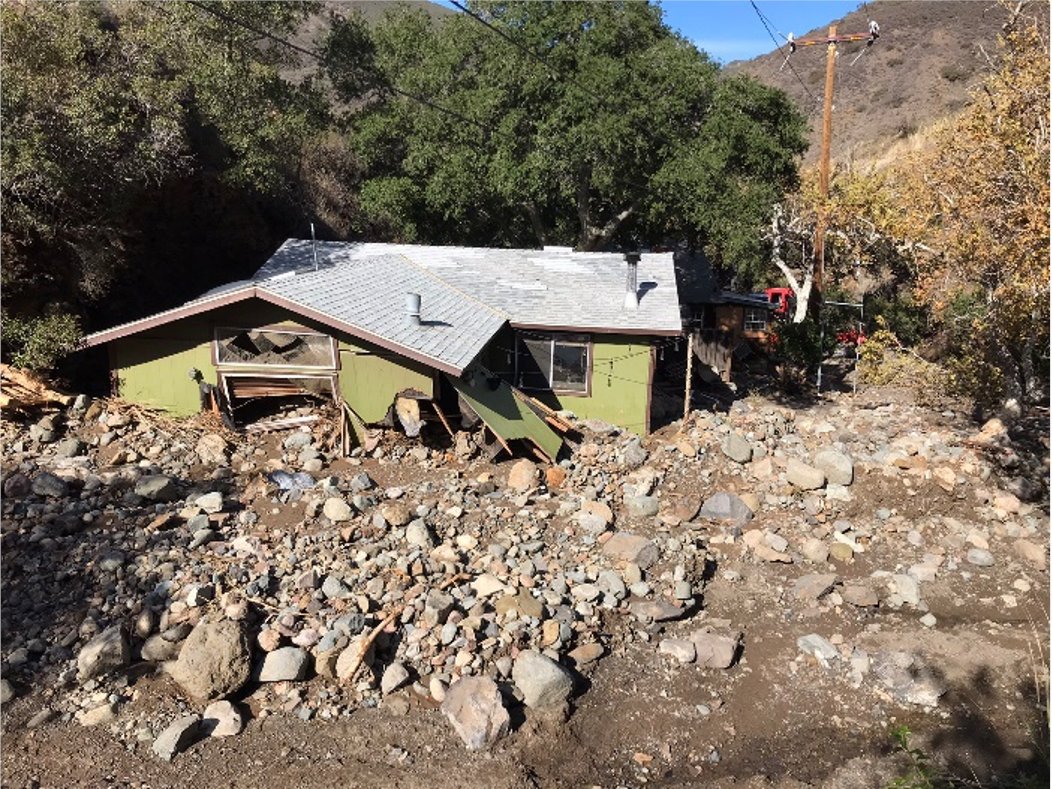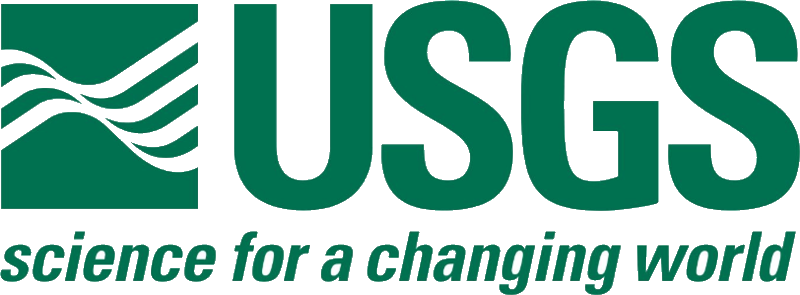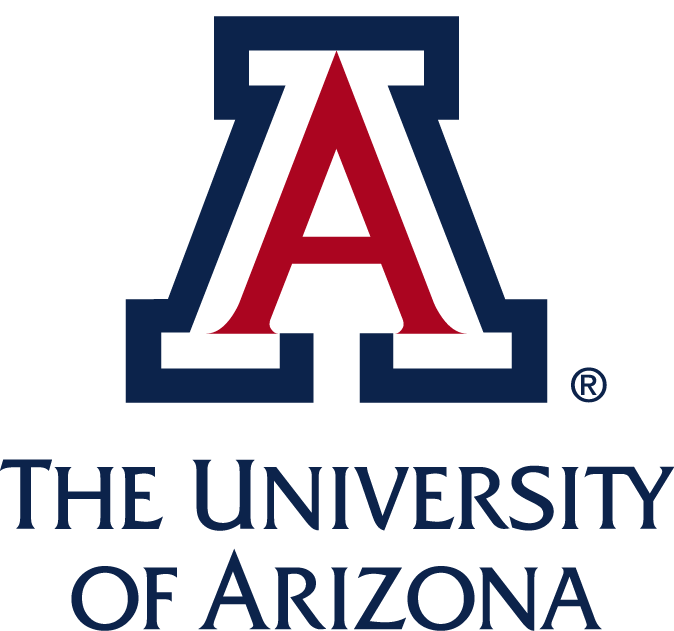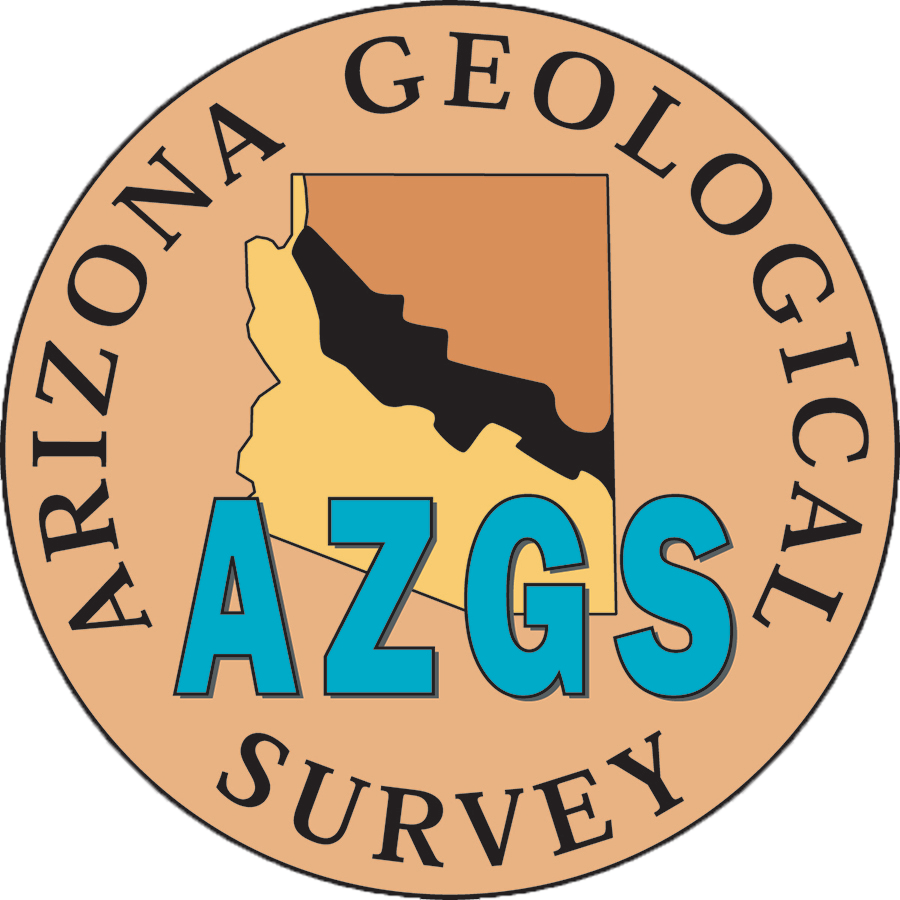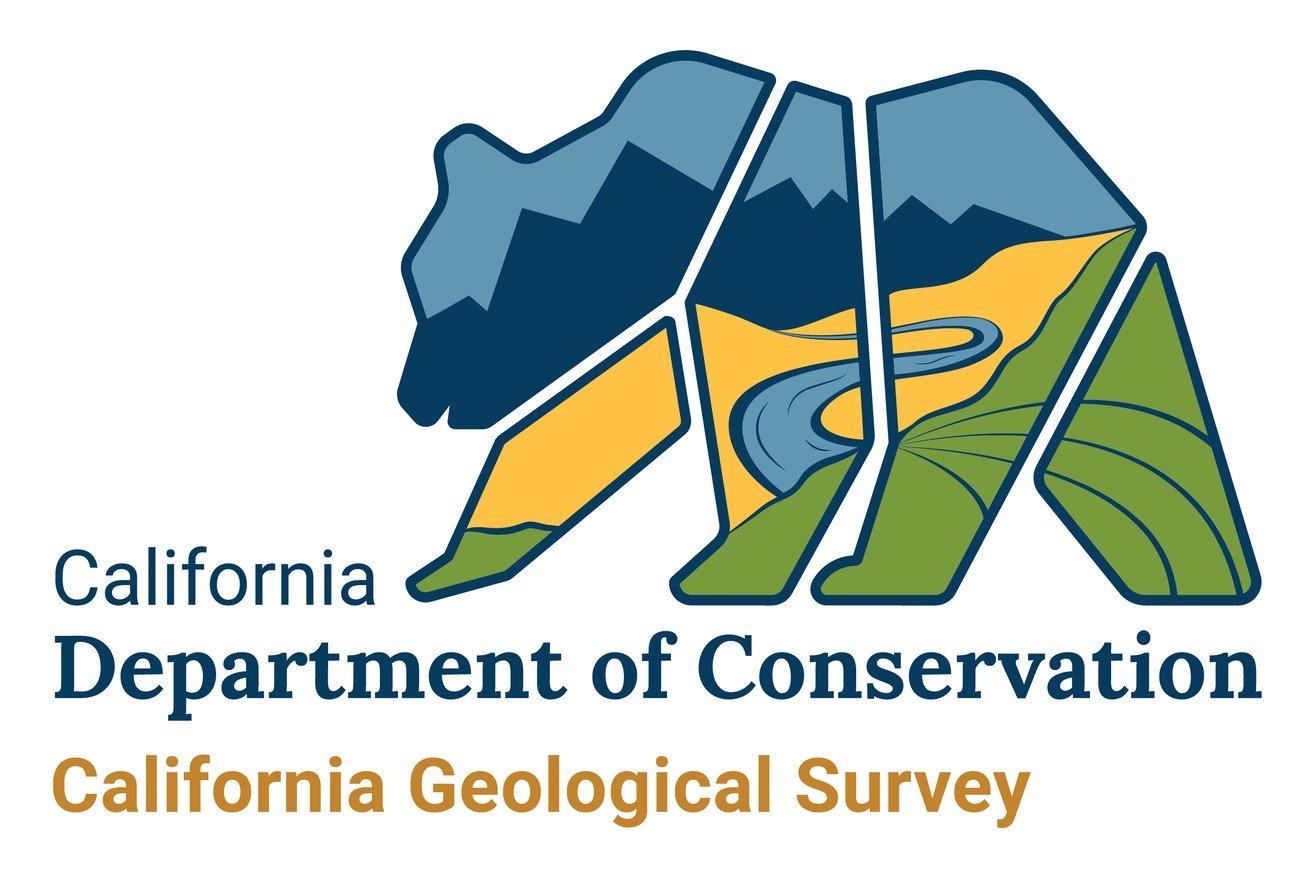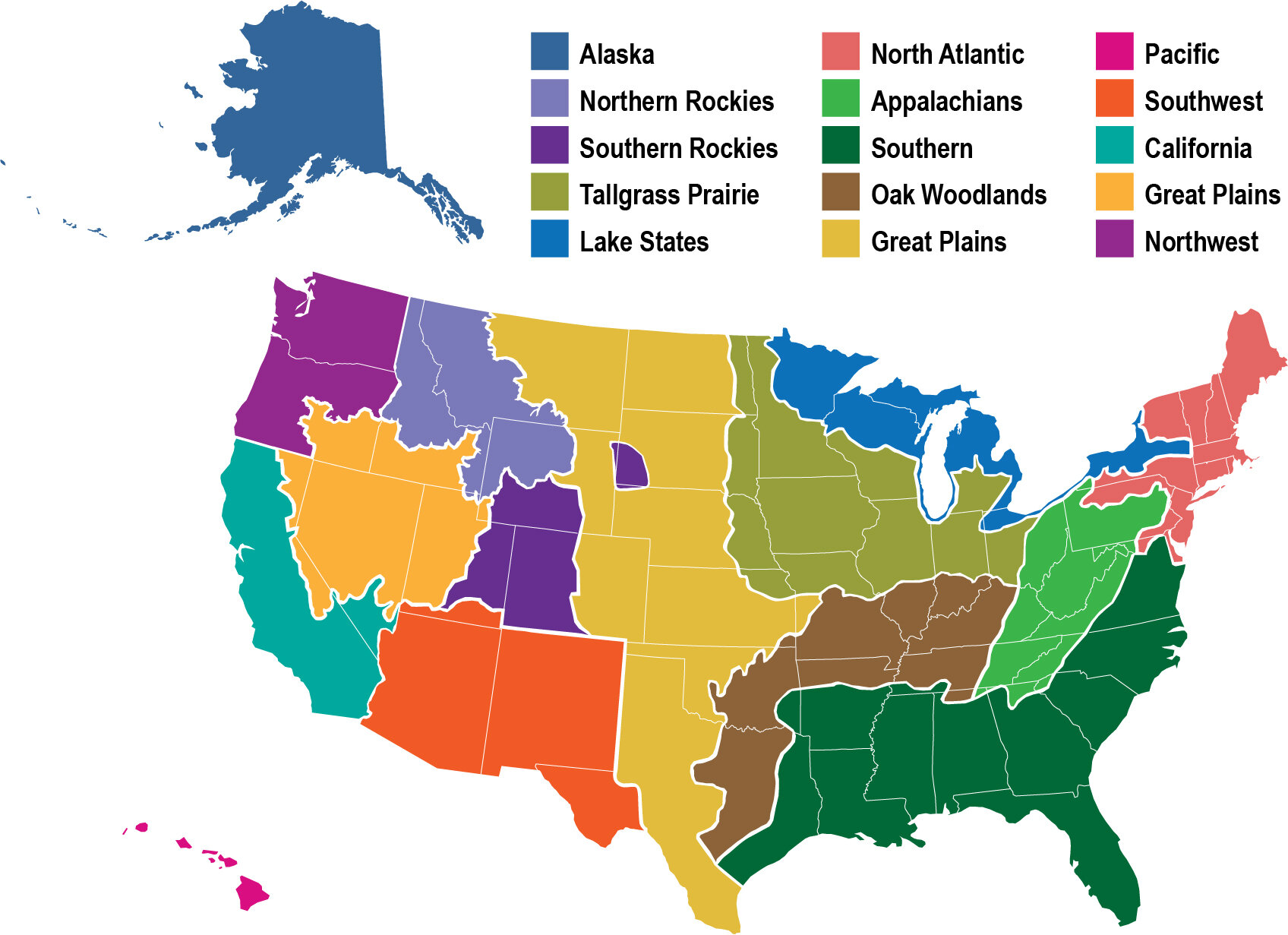Establishing Directions in Postfire Debris Flow Science Conference
South Lake Tahoe, California • Beach Retreat and Lodge
20-22 May 2024
Post-Conference Materials
We are pleased to announce this conference focused on postfire debris flow science.
Registration now closed!
Attendance requires poster presentation (maximum size 36” x 48“)
300-word maximum poster abstract will be required at the time of registration. We welcome abstract submissions that focus on novel scientific findings, including case studies, as well as submissions that describe recent or ongoing efforts that are broadly focused on predicting, assessing, or mitigating postfire debris flow hazards, including lessons learned from past events or challenging problems that were difficult to solve. In addition to work that specifically addresses postfire debris flows, we welcome contributions focused on related aspects of postfire hydrology, ecology, and geomorphology.
Attendance is limited to 100, register today to secure your spot!
Limited rooms at the federal government rate are available in the conference hotel room block, see instructions here.
Registration and hotel room block availability will close April 19 2024.
We are not able to offer an online component to this conference. However, where speakers agree, morning talks will be recorded and made available online through the California Fire Science Consortium web page.
Questions about the conference? Please contact Nina Oakley (nina.oakley@conservation.ca.gov) and/or Francis Rengers (frengers@usgs.gov)
Issues with the registration page? Please contact cafirescience@gmail.com
If you would like to be added to the email notification list for this conference, please fill out this google form
The science of post-wildfire debris flows has evolved rapidly over the past few decades as wildfires have become more frequent, larger, and more severe, impacting human health and the developed landscape. Post-wildfire debris flow science encompasses a wide variety of fields, including hydrology, geomorphology, engineering, remote sensing, atmospheric science, ecology, and data science. The intention of this workshop is to bring together a diverse set of researchers, practitioners, early-career scientists, and students from these fields to:
- Create a collective understanding of the state of the science,
- Identify major research and operations hurdles so new ideas can be developed to overcome them,
- Build relationships to facilitate cross-disciplinary partnerships and enable rapid knowledge transfer, and
- Identify and develop future research goals to improve models and move the science forward.
Registration fees for this workshop are significantly offset by generous support from the USGS Landslide Hazards Program.
Two $500 student scholarships to attend this conference are being offered by the Geological Society of America Environmental and Engineering Geology Division. Students must be current members of GSA to apply and can find application instructions here (requires GSA login). Scholarship applications are due 31 January 2024.
The conference room block is now closed. Please contact the hotel directly for room availability or consider other hotels in the area.
